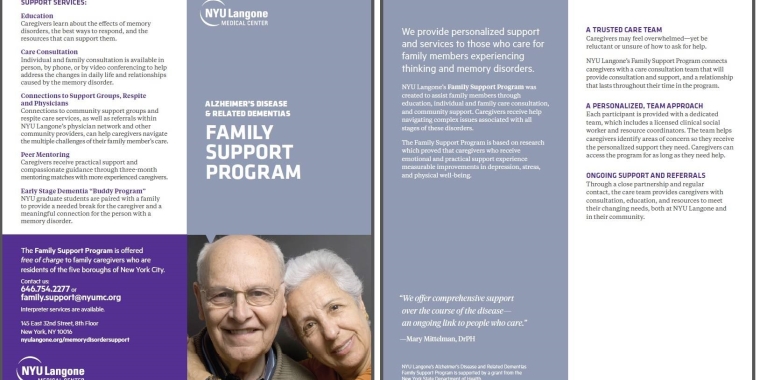
Golden Join Senate In Final Passage Of Two Important Pieces Of Public Safety Legislation
Albany- The New York State Senate this week passed important pieces of public safety legislation S.8441 and S.8446, that will eliminate the statue of limitations for rape victims and that will expand the DNA database in New York.
Senate Bill 8441 will eliminate the statute of limitations for rape victims and extend the civil statute of limitations, from one year to five years. Senate Bill 8446 will expand the DNA database by including DNA samples from criminals convicted of all felonies and the most common misdemeanors. The bills represent an agreement with the Assembly.
"Rape and sexual assault are violent crimes committed by violent people," said Senator Golden. "If DNA evidence is available, there is no reason why these criminals should escape prosecution merely because they were lucky enough not to get caught. These crimes have a lifelong impact on their victims. I’m pleased that the Assembly has finally agreed to pass this measure and close a loophole that allows dangerous criminals to evade justice."
"There is no statute of limitations on the pain and anguish constantly endured by the victims of violent crimes, and with this measure, there will be no statute of limitations on prosecuting the barbaric criminals who commit these heinous crimes," continued Senator Marty Golden.
The bill eliminates the statute of limitations for the criminal prosecution of Class B felony sexual assault crimes including: first degree rape, first degree criminal sexual act (formerly called sodomy), first degree aggravated sexual abuse and first degree course of sexual conduct against a child.
In addition, the agreement will extend from one year to five years, the civil statute of limitations, giving rape victims a longer period of time to pursue legal recourse from their attackers.
The New York State Senate also passed legislation that would expand the DNA database by including DNA samples from criminals convicted of all felonies and the most common misdemeanors. The bill represents an agreement with the State Assembly.
"The DNA databank is a powerful tool that law enforcement can use to prosecute criminals and protect victims," Senator Marty Golden said. "Expanding the database to include tens of thousands of additional DNA samples means career criminals won’t be able to roam free, committing more crimes. After many years of pushing for this expansion, I’m pleased we are enacting it into law."
"Expanding the DNA databank with samples from more convicted criminals will help police prevent and solve countless crimes," Senate Majority Leader Joseph L. Bruno said. "Especially the inclusion of petit larceny, one of the most common convictions in the State, which will add DNA samples from thousands of criminals who could move on to bigger, more harmful crimes so they can be caught, prosecuted and put in jail."
The agreement on the DNA databank would triple the size of existing database by including DNA samples from criminals convicted of all felonies and 18 common misdemeanors including:
Menacing in the 2nd and 3rd degrees Reckless endangerment in the 2nd degree
Petit larceny Stalking in the 3rd and 4th degrees
Unlawful imprisonment in the 2nd degree Criminal trespass in the 2nd degree
Possession of burglars tools Sexual abuse in the 3rd degree
Forceable touching Endangering the welfare of a child
Endangering the welfare of a of an incompetent or physically disabled person
The bills were sent to the Assembly.


